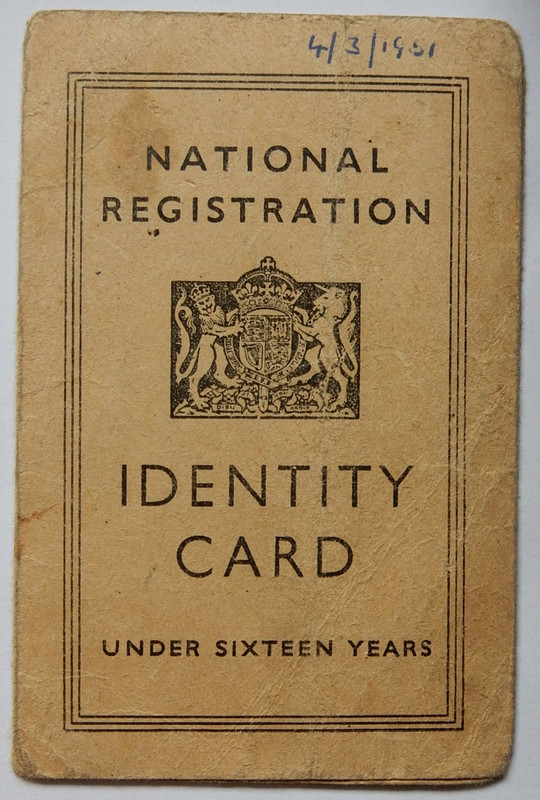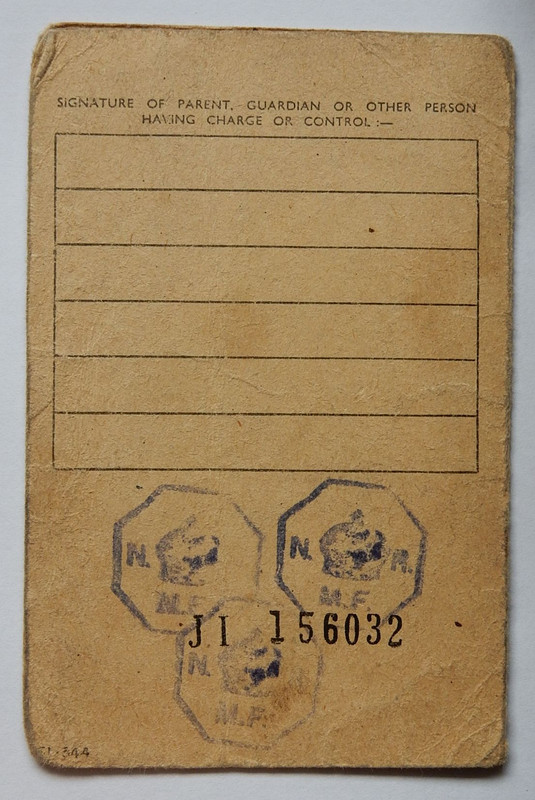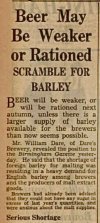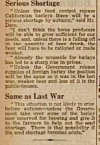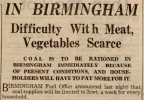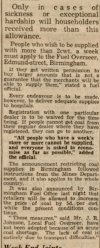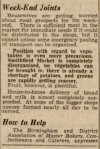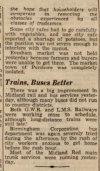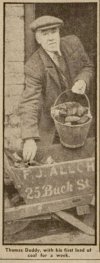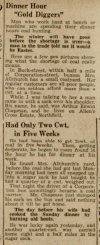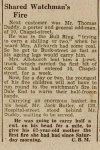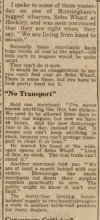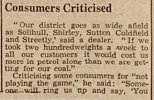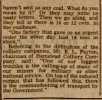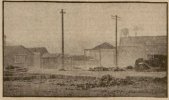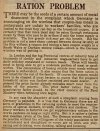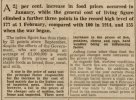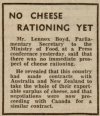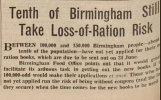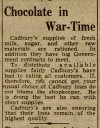T was a time of bravery and sacrifice.
While the servicemen and women of Britain were battling the Nazis abroad in the dark days of 1940, back home their families were facing the hardships of rationing.
During the First World War the Government was criticised for not introducing restrictions early enough – which saw food supplies dwindle to just six weeks worth at one perilous point.
Huge court fines were brought in to deter blackmarket spivs.Winston Churchill and his Government did not make the same mistake as they introduced rationing very early. From January 8, 1940, bacon, butter and sugar were limited to a few ounces per week.
This was followed by meat, tea, jam, biscuits, breakfast cereals, cheese, eggs, milk and canned fruit.
As the war progressed, most foods came to be rationed, as were clothes and petrol which were distributed on a points system.
Yet rationing, which had led to some creative culinary dishes, continued after the war – becoming even stricter in some cases.
Bread was rationed from 1946 to 1948, while potato rationing began in 1947. At the time this was presented as being due to the necessity of feeding the population of European areas under British control, whose economies had been devastated by the fighting.
But by the 1950 General Election, the Conservative Party campaigned on a manifesto of ending rationing.
Sweet rationing ended in February 1953 and butter and sugar were freely available from September – good news for customers of Mr D Seeleyin Addison Road, Kings Heath, Birmingham.
However, the end of all food rationing did not come until July 4, 1954, with meat the last to go – sparking a sales bonanza at local butchers across the West Midlands.
‘Rationing ends this weekend. Appropriate enough, the first day of freedom is July 4th – Independence Day. Gone are coupons, counterfoils, ration periods, registrations, and all the par…
blogs.bodleian.ox.ac.uk






